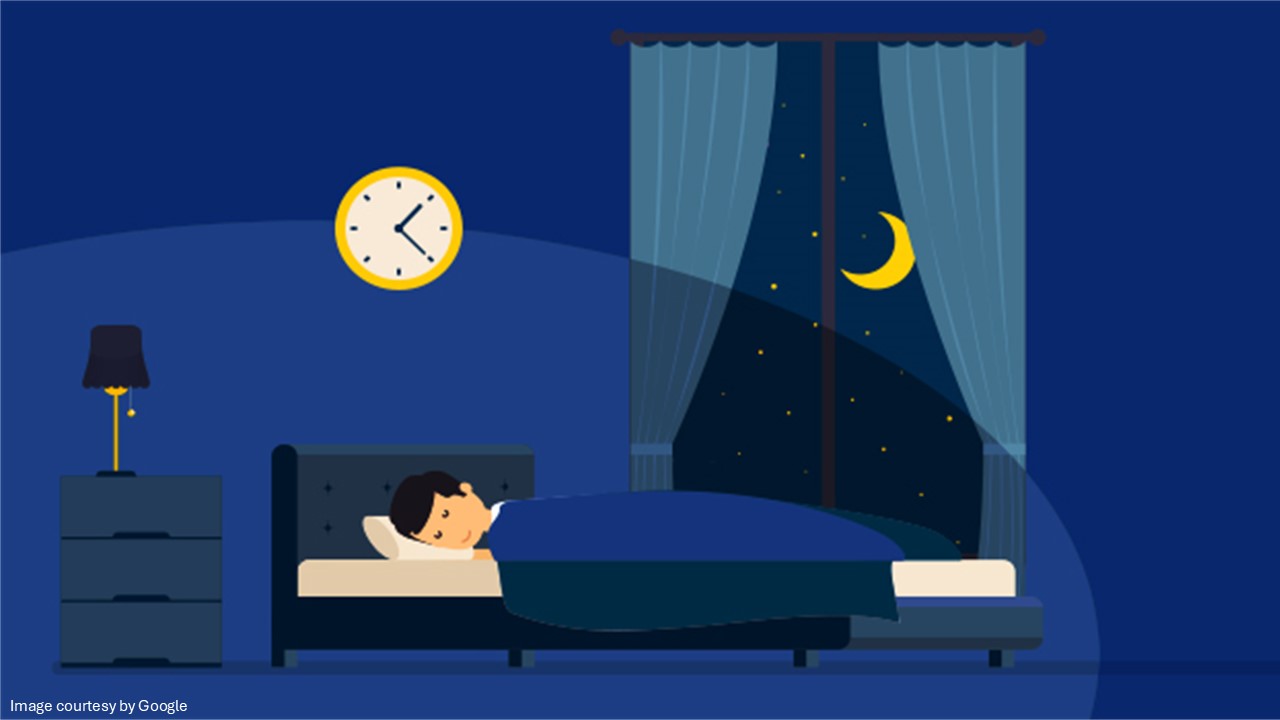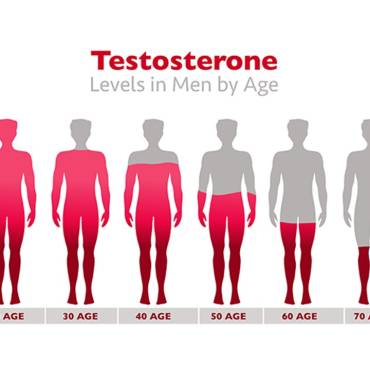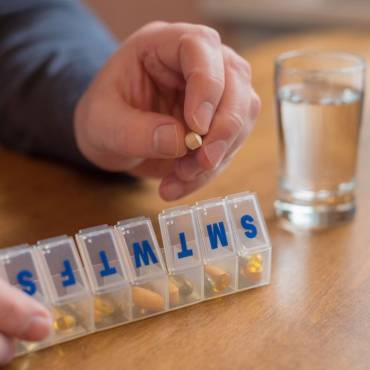Sleep refreshes you, but its importance goes a long way. It not only elevates your mood or casts out dark eye circles but also works as a strong pillar to make your life healthier and brighter. Adequate sleep is also essential for glowing skin.
There are amazing benefits of sleep; and it can be easily counted on tips. If you are struggling with sleep deprivation, don’t ignore your sleep deprivation symptoms. Sleep deprivation effects can be easily identified. Some of them include anxiety, depression, diabetes, high blood pressure, heart issues, impaired immunity, hormonal issues, weight gain, hallucinations, and more. Find out how our body reacts when we have sleep disorders:
-
- Lack of sleep dilates your blood vessels, slowing down the flow of blood to the skin and leading to the formation of dark circles.
- It can elevate your cortisol levels, making you appear and feel more hassled.
- Drinking alcohol is even worse in the evening hours as it affects your sleep quality and can cause bloating and water retention in your face.
- Lack of sleep can contribute to weight gain. Sleep is a key ingredient of successful weight loss. It checks your cortisol, cravings, and hunger.
Find how sleep is important for healthy skin:
-
- You produce the highest amounts of growth hormone during deep sleep. Good sleep boosts collagen production; collagen is responsible for repairing cells, making skin glow, shiny hair, and healthy nails.
- Sleep helps replace old skin cells with new ones. Sleeping issues can contribute to acne and inflammation.
- Sleep also helps to reduce stress hormones that can lead to skin inflammation, itchiness, and dryness.
- Better sleep improves blood flow, which contributes to improved skin tone.
- Sleep helps boost the immune system and makes your skin free of bacteria and viruses.
Tips for better sleep:
There are several ways to combat sleep deprivation. A good sleep is vital to good health, lifestyle, and well-being. Getting adequate sound sleep helps promote mental health, physical health, quality of life, and safety. How you feel after waking depends on your sleep quality. While asleep, your body works to prop up healthy brain function and maintain physical health. Sleep plays a critical role in the growth and development of children and teens. The damage from lack of sleep effects can occur instantly (such as a car crash) or harm you over time. Some sleep tips or natural sleep deprivation treatments include:
-
- Switch off all the lights and try to make your room dark. When exposed to light, your skin interrupts the pineal gland’s circadian rhythm and disrupts melatonin production.
- Keep yourself safe from EMFs (electromagnetic fields). They can upset the pineal gland and the production of serotonin and melatonin. Your electronic devices should be kept at least 3 feet from your bed.
- Turn off the TV as it sends hormone-disrupting EMFs. If you have it in your room, set a timer and keep it at least 6 feet away from your bed.
- Create a calm environment. Keep your bedroom neat and clutter-free, encouraging rest and good sleep. Sleep hygiene helps you and offers ways to fall asleep fast.
- Try to maintain the ideal temperature for sleeping, which is no warmer than 70 F (21 C). Our body needs to cool a little at night to ensure melatonin release.
- Don’t use a loud alarm clock, as waking up unexpectedly to a screaming sound shocks your body, making you feel dazed after being disturbed from the middle of your sleep.
- Set a sleeping schedule. Try to sleep and get up around the same time every day. Oversleeping can also lead to fatigue.
- Doze off to sleep by 11 pm. Our stress glands (adrenals) take a break and recharge the most between 11 pm and 1 am, and the highest amount of melatonin is produced between 10 pm and 2 am. The time you go to sleep influences the quality of sleep you get.
- Sleep 7 to 9 hours a night. Oversleeping can be as damaging as deprivation of sleep. If you constantly need more than 9 hours a night, consult your doctor to test for any underlying conditions or deficiencies.
- Avoid stimulating activities before bed, such as watching TV or using computers or mobile phones, as they can raise brain-stimulating hormones such as dopamine and noradrenaline.
- Avoid caffeinated drinks and chocolates after the evening.
- Try maintaining a 2-3-hour gap between your dinner and bedtime. Eat your dinner mindfully, i.e., light meals, and avoid fried and heavy meals.
- Avoid alcohol! Even though a few drinks can make you feel drowsy, alcohol disrupts a peaceful sleep. Alcohol is metabolized as sugar and, therefore, causes a rise in insulin. It also affects the release of brain chemicals that change quality and duration and the ability to reach deep sleep.

Don’t hesitate to speak to your doctor if your sleeping issues aren’t resolved with the given tips. He may explain to you the importance of sleep and guide you with the following:
-
- Opt things to help you sleep well
- Methods to improve sleep quality
- Other ways to sleep better
- Sleep hygiene tips
Conclusion:
Sound sleep is essential for glowing skin. It makes you feel better, confident, and sane, enabling you to take on whatever comes your way. Essentially, your whole body goes into repair mode when you sleep. Follow these tips and ways to improve sleep, or speak to your doctor.



